Explore the technical perspectives that will shape the building services industry in the years to come.
With three theatres to choose from, each session has been accredited specifically for the event.
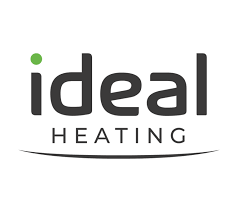

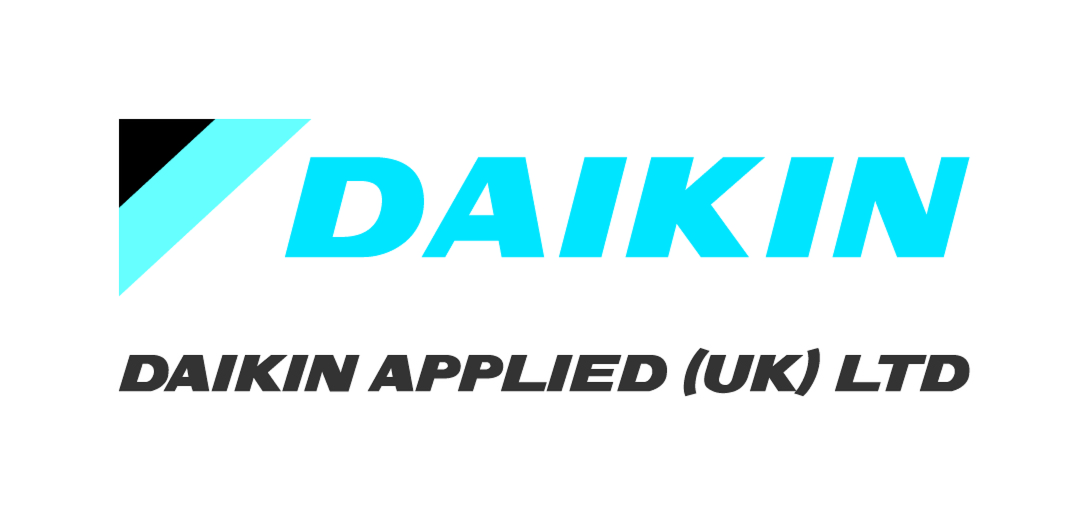


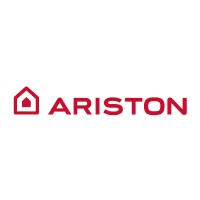
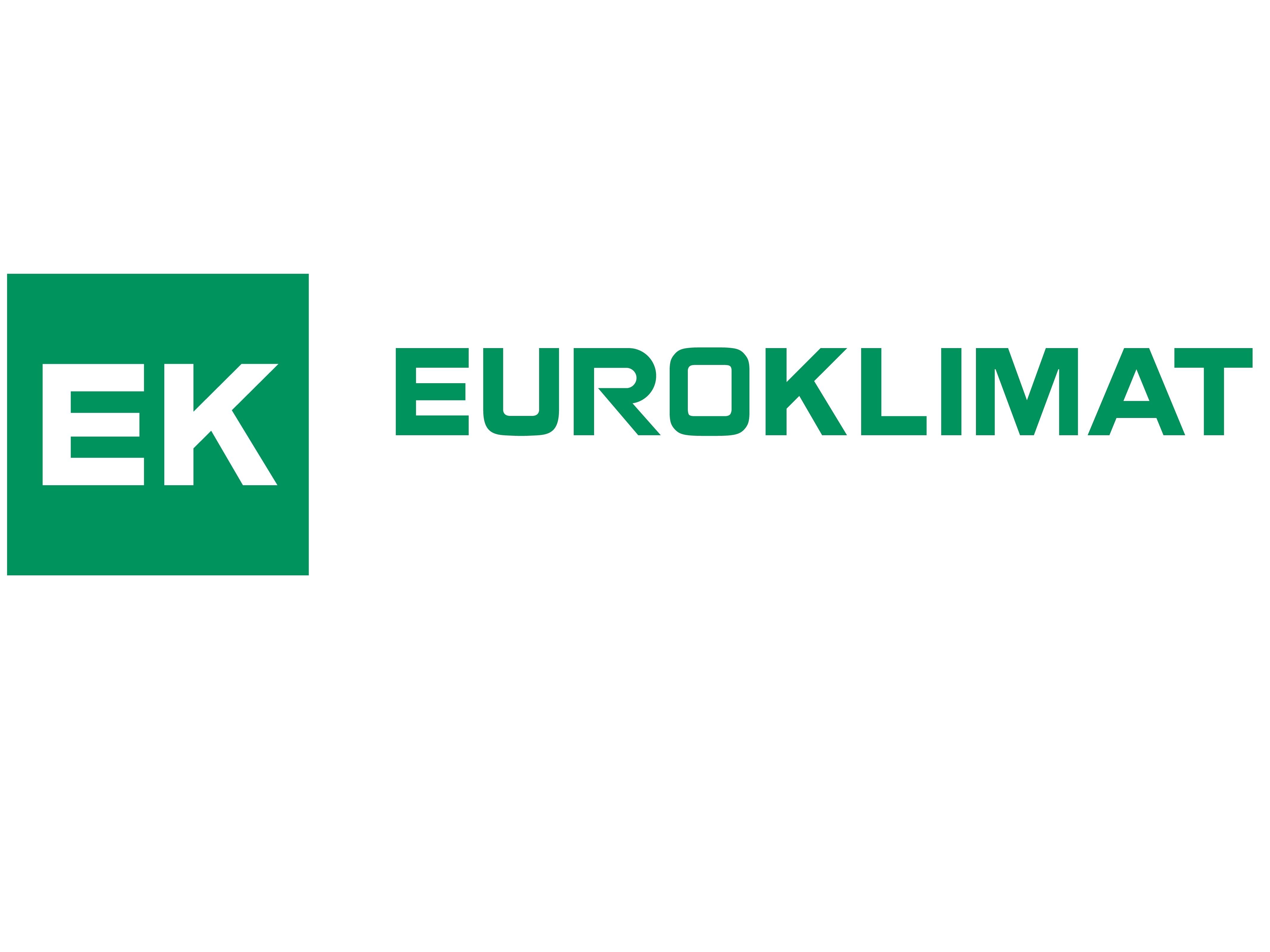
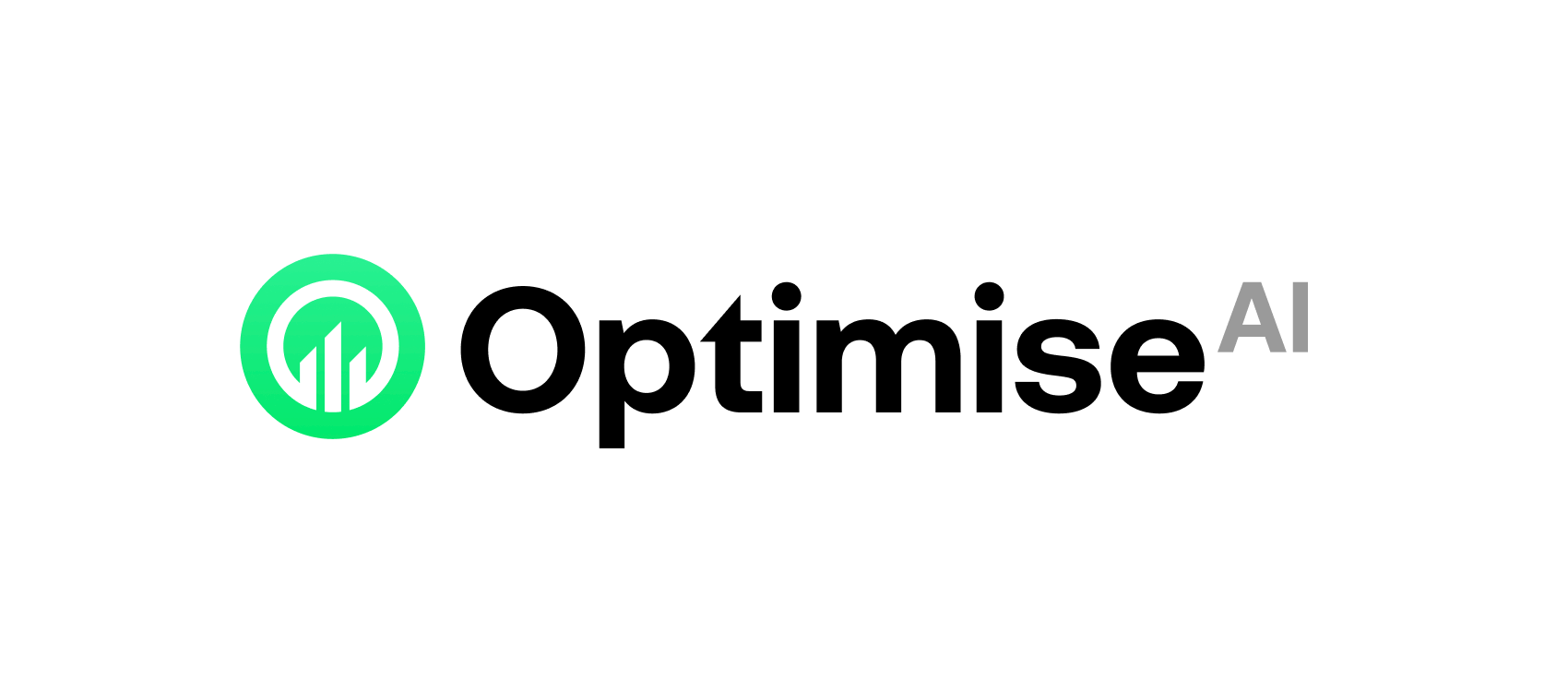


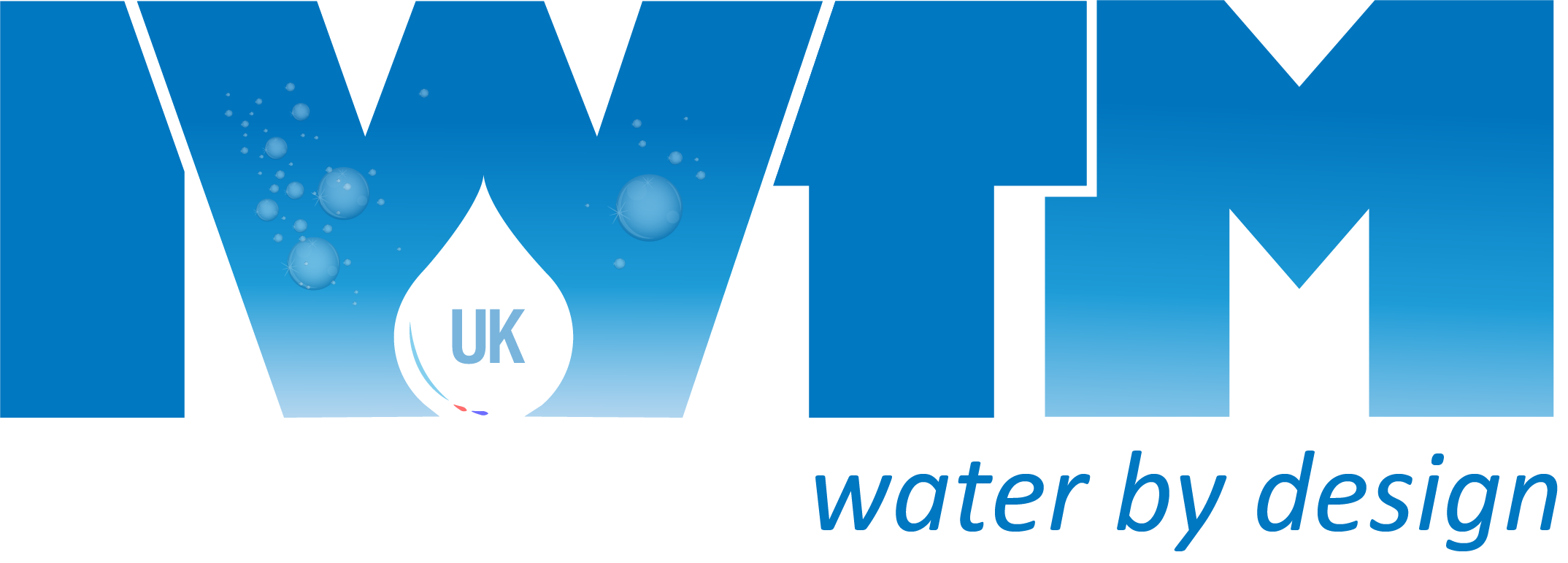

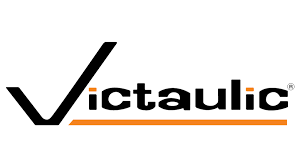


This course is primarily focussed on the principles and applications fundamental to heat pump technology and other low carbon technology. It will explore the importance of heat pumps in the drive towards a net-zero carbon UK by 2050 along with explaining the current and upcoming changes to policy and regulations and the impact this will have to building services professionals.
The presentation is aimed at a variety of professionals working in building services. This includes building services engineers looking to design and specify heat pump systems, architects and energy assessors looking at ways in which they can meet carbon targets and consultants looking to expand their knowledge on available low carbon technology.
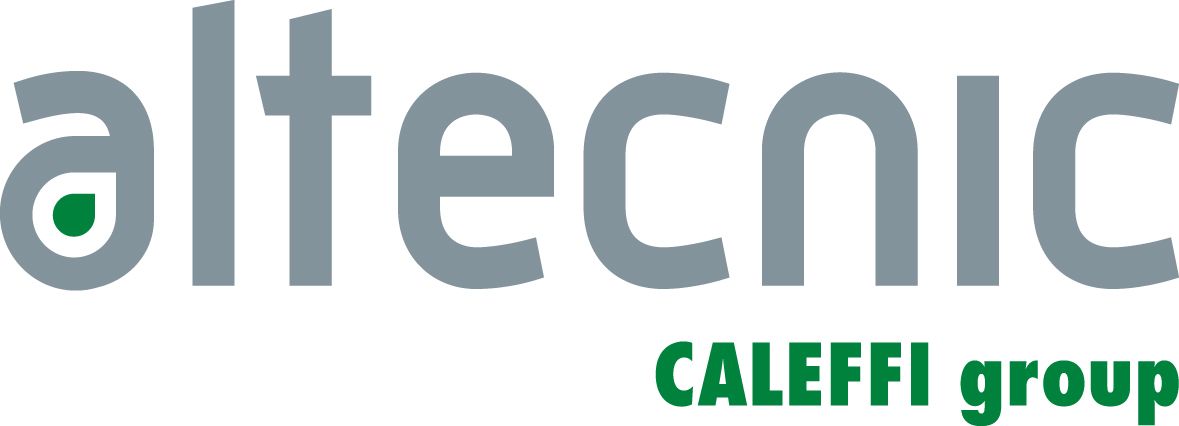


Each new generation of heating and cooling plant retains water as its principal energy carrier. Attention to this element of the design helps to ensure reliable and efficient operation over the longest possible lifespan. This CIBSE approved CPD focuses on filtration and water quality requirements for modern HVAC systems, with reference to BSRIA and VDI guidelines.

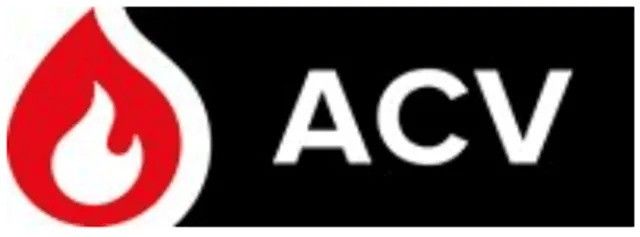
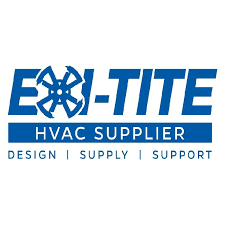
Hospitals and cleanrooms are critical areas with very specific hygienic requirements in which HVAC systems play a critical role.
The air handling unit (AHU) used in hygienic environments is a key component of the HVAC system. The design and selection of such AHUs is defined by the Health Technical Memorandum (HTM) 03-01, with Part A specially focusing on ventilation equipment. This course introduces hygienic AHUs and covers the following topics:
Hygienic AHUs – basic overview of European standards
Typical requirements for design of AHUs according to HTM 03-01, Part A, Chapter 9
Best practice examples: delivered AHUs from real life projects
Question and answers

)